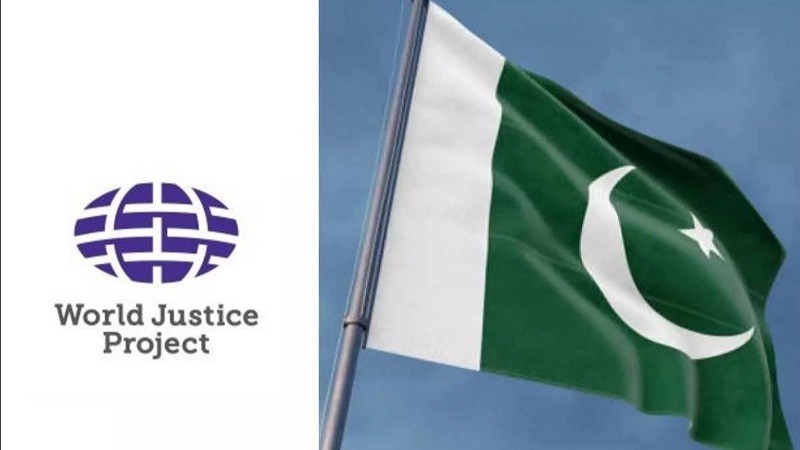
In a latest global assessment, Pakistan has been ranked the third-worst country in terms of law and order, according to the 2024 World Justice Project (WJP) Rule of Law Index. The annual report, which examines various factors impacting rule of law, rated Pakistan at 140th out of 142 nations in the Order and Security category, just ahead of Mali and Nigeria.
Rule of Law Index Findings
The WJP Rule of Law Index evaluates countries across eight areas: Constraints on Government Powers, Absence of Corruption, Open Government, Fundamental Rights, Order and Security, Regulatory Enforcement, Civil Justice, and Criminal Justice. In this year’s edition, Pakistan’s lowest performance was in Order and Security, which measures a country’s ability to control crime, protect citizens from armed conflict, and avoid violent civil disputes.
Pakistan’s Overall Ranking
On the Index’s comprehensive rule of law scale, Pakistan ranked 129th out of 142 countries. The country's rankings across various factors included:
In the South Asian region, only Afghanistan and Pakistan ranked lowest, indicating challenges in promoting legal stability and civil protections.
Global Decline in Rule of Law
This report marks the seventh consecutive year of global declines in rule of law standards, driven by executive overreach, human rights erosion, and strained justice systems. Denmark, Norway, Finland, Sweden, and Germany topped the list among high-income countries, maintaining the highest levels of rule of law.
The WJP report found a decline in rule of law in 57% of surveyed countries, although there were signs of improvement in some areas. Notably, 59% of countries improved on the Absence of Corruption factor, and many nations have reported progress in their criminal justice systems.
Erosion of Civil Justice and Fundamental Rights
Since 2016, protections for fundamental rights have weakened in 81% of countries, and governmental checks and balances have diminished in 77%. While progress was seen in criminal justice reform and anti-corruption efforts, delays in delivering independent and timely civil justice remain widespread.
Positive Changes in Electoral Systems
The report also highlighted shifts in electoral transparency and governance. In 2024, ruling parties have retained power in 13 of the 15 nations that held elections. However, in countries like Brazil and Poland, recent elections brought new leaders, marking a positive turn in rule of law after years of decline.
WJP President William H. Neukom expressed optimism, noting the potential for progress despite challenges, and called for a global push to strengthen the rule of law across all areas.
Pakistan Tehreek-e-Insaf Calls for Nationwide Protests on October 18: Here's Why
India and Pakistan Extend Kartarpur Corridor Agreement for Five More Years